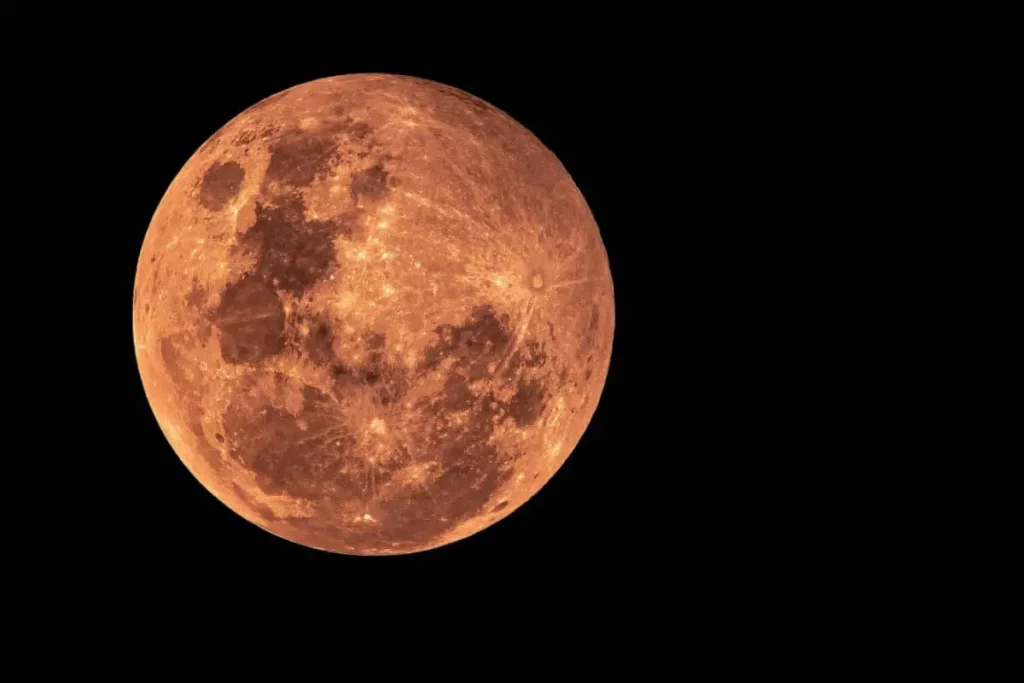Asking ourselves or trying to compare two planets or celestial bodies is quite common, since observation from the Earth does not make it easy to know their size. For example, Is Venus bigger than Earth? Sometimes it is difficult to remember their sizes or how they compare to each other or we simply have a total lack of knowledge on the subject.
Size of Venus vs Earth
Taking into account that the planets have a spherical shape (spheroid in some cases) the best way to compare their sizes is using geometric measures such as volume, surface area or radius, and also using the Earth as a reference since it is the planet we know best.
Size of Venus
The volume of Venus is 9.284 x 1011 km³ (0.857 times the volume of Earth). The mean radius of Venus is 6052 km (0.950 times the radius of Earth) consequently the diameter of Venus is 12103.6 km. If we take into account the surface area, Venus is 4.602 x 108 km² (1.11 times less than Earth).
Size of Earth
The volume of Earth, the blue planet, is 1.08 x 1012 km³. The mean radius of Earth is 6371 km consequently the diameter of Earth is 12742 km. If we take into account the surface area, Earth is 5.1 x 108 km².
So answering the question:
How big is Venus compared to Earth?
Venus is smaller than Earth, taking into account the volume which is the easiest metric to visualize. Venus is 9.284 x 1011 km³ and Earth using the same exponent is 10.8 x 1011 km³.
How many times larger is Earth than Venus?
Earth is 1.17 times larger than Venus taking into account the volume, and if we compare the surface of Earth it is 1.11 times larger than Venus (5.1 x 108 km² of Earth vs 4.602 x 108 km² of Venus).
Is the mass of Venus larger than Earth?
Usually to a comparative question between two planets we want to know which of the two has a larger volume. However, there is another unit of measurement that can also be used in the comparison and that is their mass or weight.
Mass is the combination of two metrics such as volume and density.
The volume of both celestial bodies has been mentioned above, and in the case of density, we can report that the density of Venus is 5.243 g/cm³ and the density of Earth is 5.514 g/cm³.
Considering that the volume of Venus is 0.857 times the volume of Earth and the density of Venus is 0.951 the density of Earth we can be sure that the mass of Venus is smaller than Earth.
The mass of Venus is 4.868 x 1024 kg and the mass of Earth is 5.972 x 1024 kg (1.23 times less than Earth).
Is gravity on Venus bigger than Earth?
Gravity is not a value for size comparison, however gravity can be compared between different planets, satellites or stars.
Gravity calculates the force with which objects with mass are attracted to each other and is usually a value calculated for all celestial bodies.
The unit of measurement used to refer to gravity is m/s² or also a standardized unit called g which is equivalent to earth’s gravity (9.80665 m/s²).
Gravity on Venus
The gravity on Venus, called Earth’s “sister” due to its similarities, is 8.87 m/s², equivalent to 0.904 g.
Gravity on Earth
Earth’s gravity is 9.806 m/s², 1 g.
If we want to know whether gravity is greater on Venus or Earth, we must inform you that gravity is lower on Venus.
Other data of interest in the comparison between Venus and Earth
Venus and Earth orbit around the Sun.
The time it takes Venus to make a complete orbit around the Sun is 224.70 days and in the case of the orbit of Earth around the Sun it is 365.26 days.
The rotation time of Venus is approximately 116.75 Earth days and the rotation time of Earth is approximately 1 day.
The distance from Venus to the Sun is 0.723 AU and the distance from Earth to the Sun is 0.997 AU. Consequently Venus is closer to the Sun than Earth.
AU means astronomical unit and it is a unit of length, roughly the distance from Earth to the Sun and equal to 150 million kilometers (93 million miles) or 8.3 light-minutes. The distance used is the semi-major axis of the orbit of the planet around the sun.
Conclusion of our Venus vs Earth comparison
As we have seen from the data provided in the comparison, Venus is smaller than Earth. There is no metric mentioned in which Venus can be considered larger; however all of them are quite similar.
Venus is the second planet from the Sun. Very similar to Earth in many aspects and the 3rd smallest planet on the Solar System, only after Mercury and Mars. Another interesting characteristic of Venus is that it has no natural satellites.
Other planets and satellites compared with Earth
Sources Used:
All information has been extracted from Wikipedia.
Photo by Johan De Beer







